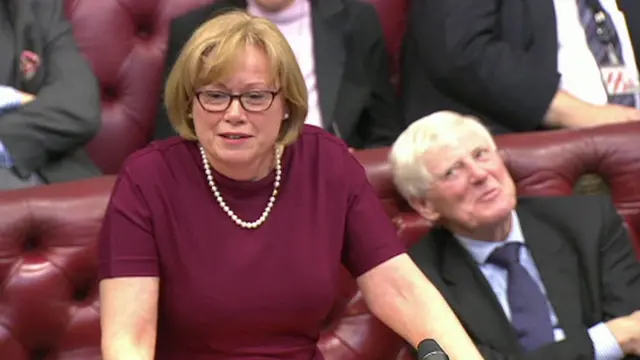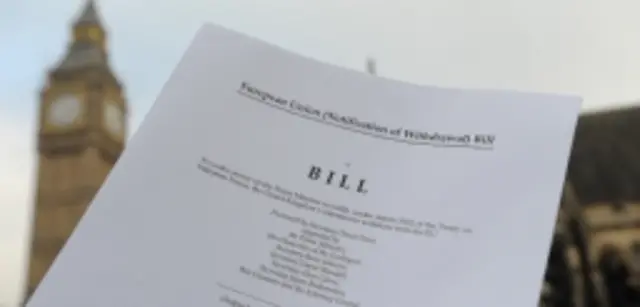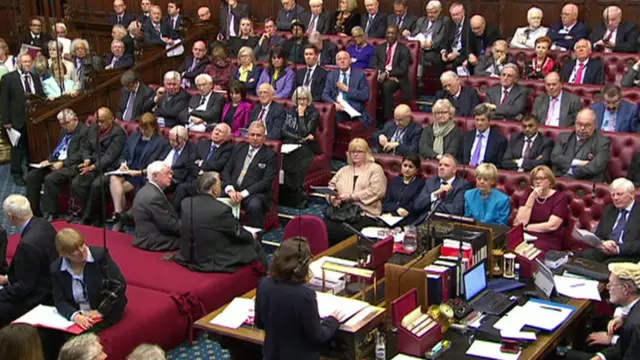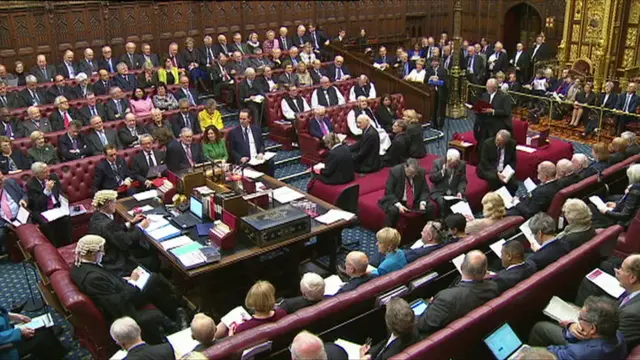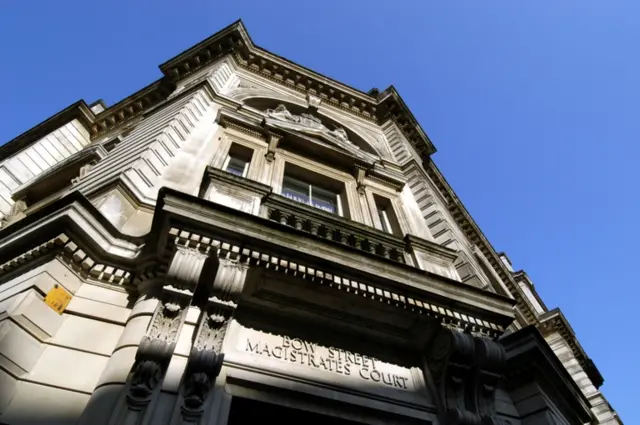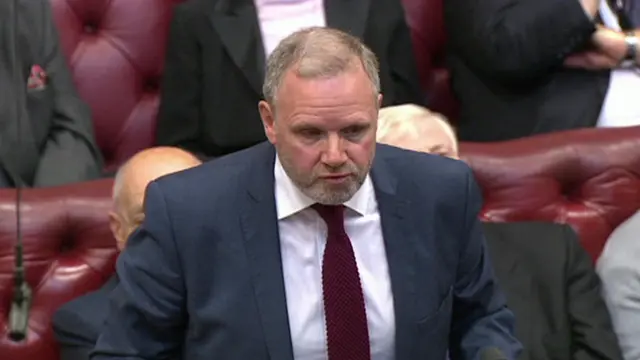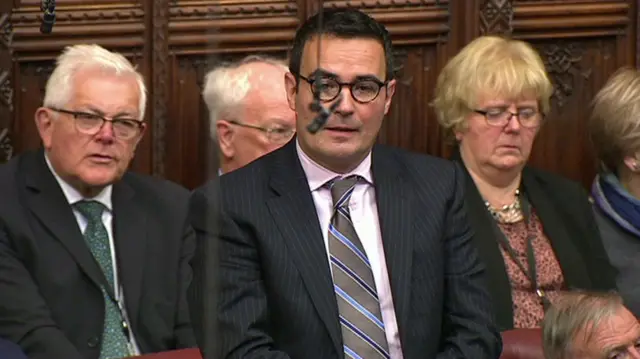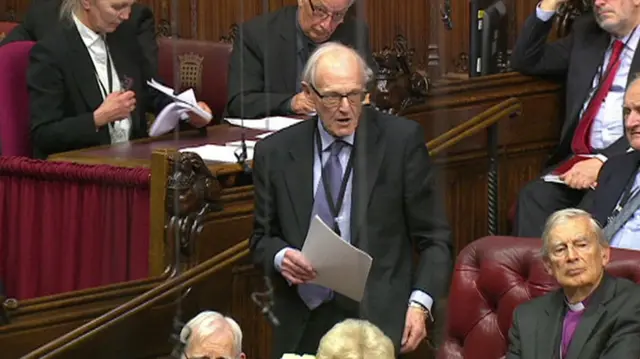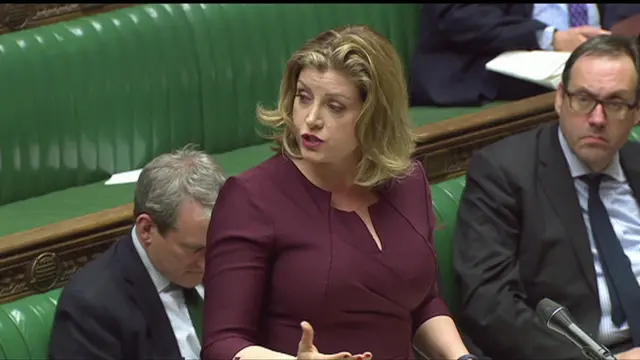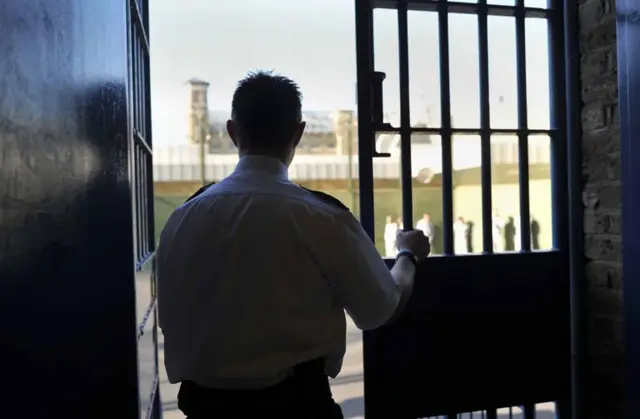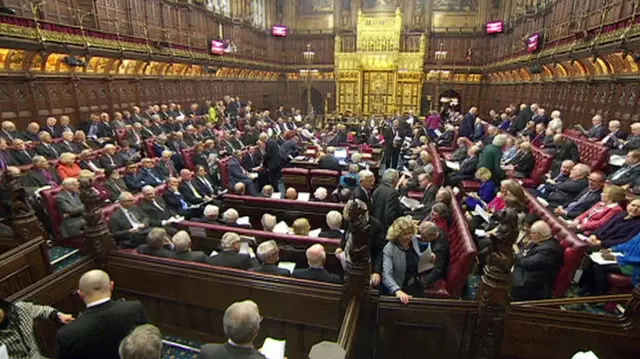Smith: Peers will not give government a blank chequepublished at 15:36 GMT 20 February 2017
Brexit Bill
 House of Lords
House of Lords
Parliament
Baroness Smith notes that anonymous government sources have threatened to fill the House of Lords with Conservative peers in order to pass the bill.
We will not be threatened into failing to fulfill our constitutional role, she says.
She continues: "If we ask MPs to look again at an issue it is not a constitutional outrage but a constitutional responsibility."
She tells peers that the opposition "will not block the legislation" but will not give the government "a blank cheque".
Peers will, she says, seek improvements, make reasonable changes and "possibly" may ask MPs to reconsider specific issues.
